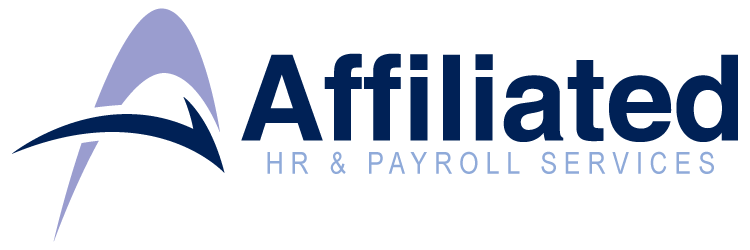Enacted in 1990 and updated in 2008, the Americans with Disabilities Act prohibits discrimination against people with disabilities.
The ADA covers five major categories:
- Employment (Title I).
- Government entities (Title II).
- Public accommodations (Title III).
- Telecommunications (Title IV).
- Miscellaneous provisions (Title V).
For small businesses, compliance usually falls under Title I and Title III.
Title I: Employment
Title I of the ADA applies to businesses with 15 or more employees.
Under Title I, employers cannot discriminate against qualified job candidates or employees on the basis of their disability in any areas of employment, including:
- Recruiting.
- Hiring.
- Pay.
- Benefits.
- Training.
- Promotion.
- Job assignments.
- Leave.
- Termination.
The Equal Employment Opportunity Commission — which enforces the ADA — makes clear that “Employers do not have to hire someone with a disability over a more qualified person without a disability. The goal of the ADA is to provide equal access and opportunities to individuals with disabilities, not to give them an unfair advantage.”
Additionally, the ADA requires employers to provide reasonable accommodations so disabled individuals can perform their essential job duties. Reasonable accommodations may include:
- Restructuring job.
- Reassigning job.
- Changing work schedules, such as switching to part time.
- Making work-from-home arrangements.
- Adjusting workstations or equipment.
- Modifying the job application process.
- Making the workplace more accessible to disabled individuals.
Employers do not have to offer a reasonable accommodation if it would cause “undue hardship” to their business.
Title III: Public accommodations
Title III of the ADA applies to businesses that are “public accommodations,” meaning they provide goods and services directly to the public. These include:
- Retail stores.
- Banks.
- Restaurants and bars.
- Movie theaters.
- Recreational facilities.
- Supermarkets.
- Hotels, inns and motels.
- Laundromats.
- Public transportation.
- Schools.
- Health care providers.
- Beauty parlors.
Barring a few exceptions, all businesses that directly serve the public are considered public accommodations, no matter how many employees they have.
These establishments must make a reasonable effort to accommodate people with disabilities, such as by:
- Permitting service animals and mobility devices like wheelchairs and walkers.
- Making their website accessible.
- Taking the necessary steps to communicate effectively with disabled individuals.
Keep in mind that the ADA requires reasonable accommodations or modifications — that is, what is practical for the business. You do not need to make accommodations or modifications that will cause undue burden on your small business.
Tax incentives
The federal government offers tax incentives to encourage ADA compliance. For instance, eligible small businesses can claim a tax credit of up to 50% of their qualified ADA-related expenses. Many states have their own disability rights laws and may offer tax incentives as well.
This is just an introduction to a complex law. For more information on how the ADA pertains to your business, contact a qualified professional.

